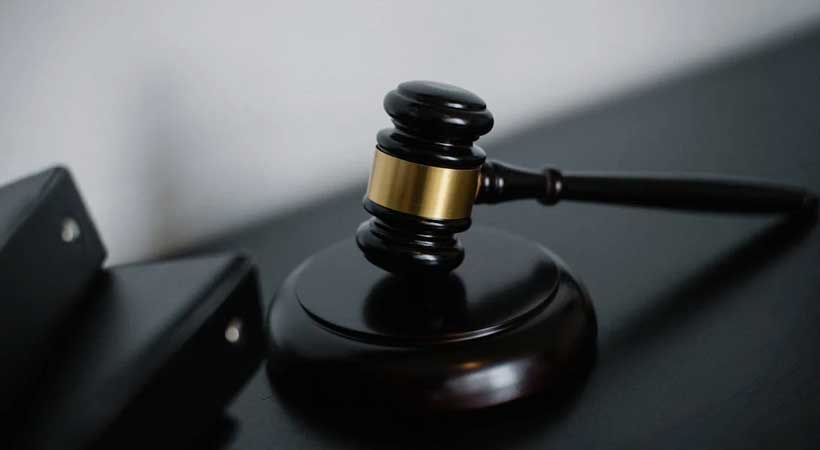
Top 5 Landmark Trademark Cases in India Every Business Should Know
A trademark is more than just a name or logo — it’s a brand’s identity in the market. In India, where competition is intense and brand imitation is frequent, protecting your trademark is critical. Over the years, several iconic trademark cases have shaped the legal landscape of intellectual property rights in the country.
Let’s explore five landmark trademark cases in India, complete with real details and insights to help you better understand how to protect your own brand.
1. Coca-Cola Company v. Bisleri International Pvt. Ltd. (2009)
The Maaza Battle
In the early 1990s, Parle sold its popular mango drink “Maaza” to Coca-Cola, along with the trademark and formulation. Years later, Bisleri, a part of Parle, attempted to export mango concentrate under the “Maaza” brand to other countries, arguing that the sale agreement applied only within India.
Coca-Cola filed a suit for trademark infringement. The Delhi High Court ruled in favor of Coca-Cola, stating that the trademark rights extended internationally and that Bisleri had no right to use “Maaza” after the sale.
What We Learn: Even after selling a brand, reusing it in any market without proper rights can lead to infringement claims. Trademark ownership must be clearly defined across all territories.
2. Yahoo! Inc. v. Akash Arora & Anr. (1999)
A Classic Domain Name Dispute
When the internet was still emerging in India, Akash Arora launched a website under the domain name “YahooIndia.com,” offering services similar to those of Yahoo. The global tech company filed a suit, arguing that the use of the domain name would mislead consumers.
In a significant decision, the Delhi High Court ruled that domain names are akin to trademarks. Despite not being registered in India as a domain-specific trademark, Yahoo’s global recognition granted it protection.
What We Learn: Using a globally known brand in a domain name can result in legal action, even if the business is unrelated.
3. Daimler Benz AG v. Hybo Hindustan (1994)
Luxury Cars vs. Underwear
Hybo Hindustan began selling underwear under the brand name “Benz,” complete with a logo resembling the Mercedes-Benz symbol. Daimler Benz sued for trademark infringement, arguing that the use diluted the prestige of their premium car brand.
The Delhi High Court supported Daimler Benz, asserting that the reputation of a luxury brand must not be compromised by unrelated products.
What We Learn: Using a well-known brand’s name or logo, even in a completely different industry, can constitute trademark dilution and lead to serious legal consequences.
4. Cadila Healthcare Ltd. v. Cadila Pharmaceuticals Ltd. (2001)
Similar Names for Medicines
This case involved two pharmaceutical companies using the names “Falcitab” and “Falcigo” for anti-malarial drugs. Cadila Healthcare approached the Supreme Court, claiming that the similar names could cause confusion among consumers and pharmacists.
The court emphasized that in industries like pharmaceuticals, product names must be clearly distinct to avoid risk to public health and safety.
What We Learn: In sensitive industries, even a slight similarity in product names can be grounds for trademark infringement due to the potential harm it may cause.
5. Tata Sons Ltd. v. Manu Kishori & Ors. (2001)
Trademark in Cyberspace
Manu Kishori and associates registered domains using the word “Tata,” including names like “tatainfotech.com.” Tata Sons, one of India’s most iconic companies, initiated legal proceedings to protect their brand.
The court ruled that “Tata” is a well-known mark and must be protected from misuse in any form, including digital and online mediums.
What We Learn: Well-known marks receive special protection, and using such names in domain registrations can amount to infringement.
Why These Cases Matter
These cases highlight the importance of strong trademark protection. Whether it’s domain misuse, product similarity, or brand dilution, the courts have consistently upheld the rights of genuine trademark owners. Understanding these precedents helps businesses build legally secure brands and avoid disputes that can be both expensive and damaging.
FAQ – Trademark Infringement in India
What is trademark infringement?
Trademark infringement occurs when a registered mark is used without authorization in a way that is likely to confuse consumers.
Are unregistered trademarks protected in India?
Yes, unregistered trademarks can be protected under common law, but registered trademarks offer more comprehensive legal protection.
How long does trademark protection last in India?
Trademark protection in India lasts for 10 years and can be renewed indefinitely.
Can domain names be protected under trademark law?
Yes, courts in India have treated domain names as trademarks when they are associated with a brand or business.
Are foreign trademarks protected in India?
Yes, especially if the trademark qualifies as a well-known mark under Indian trademark law.



